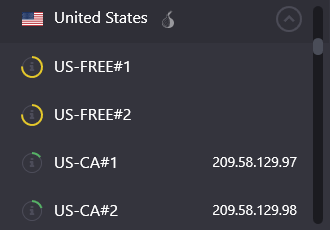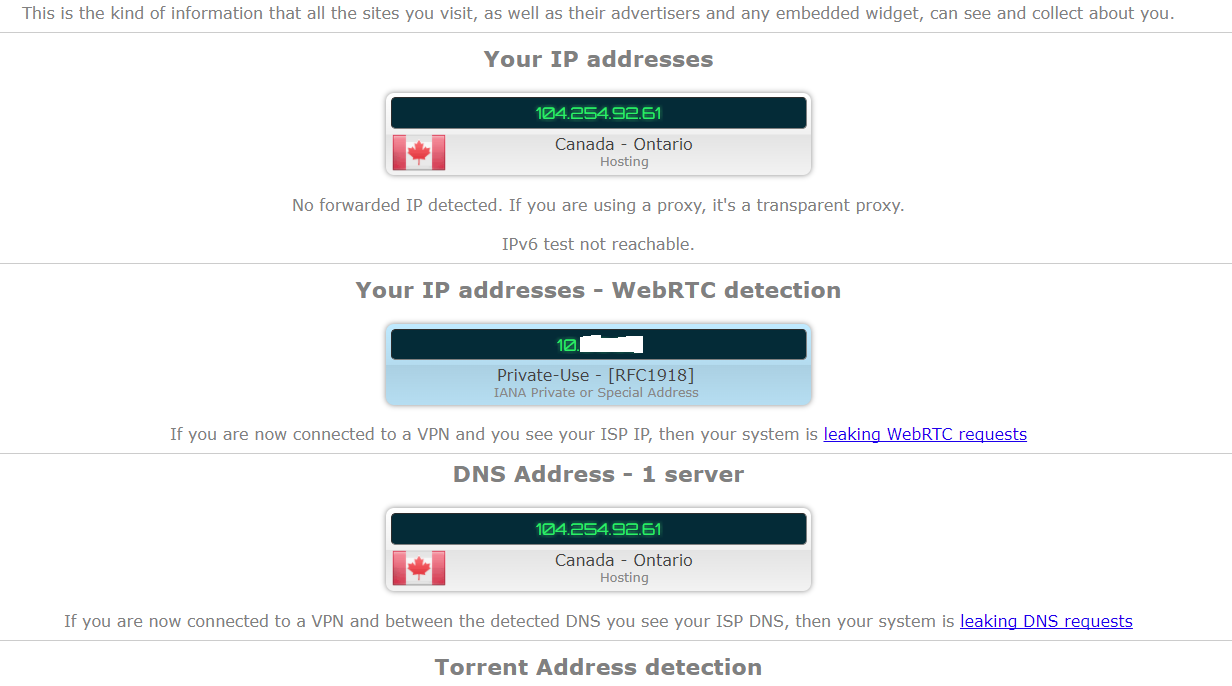Tech titans Google and Amazon chose Christmas 2017 to battle it out for your love and money. These smart speakers are designed to quickly provide access to each company's ecosystem and make your life easier. At least that is the promise.
I am heavily invested in the Google ecosystem and have been for over ten years. In addition to using their free services, I pay for Google Music, storage, have an android phone (so I buy apps), etc.
I signed up for the free Google Apps service in 2007 (predecessor to GSuite) when each domain was given 100 free user accounts. This was a great way to provide essential internet services to my family for my kiledjian.com domain (emails, calendar, etc.)
The Google home
These devices can answer questions about science, history and everything in between. Most buyers use these smart speakers as intelligent modern voice-controlled boomboxes.
I have owned a Google home almost from its original release date and picked up a Google home mini for my bedroom.
In addition to making money from the sale of these devices, companies like Amazon and Google hope to lock users into the ecosystem. Except...
The Google Home and Google's account issues forced me to move from Google Music to Spotify.
The music problem GSuite accounts
With an individual music subscription, I can only stream to a single device at a time. I can't listen to music on my smartphone in the gym while my kids listen to music at home.
I tried to upgrade to a family account, only to be told by a support agent that GSuite accounts are not eligible. So if I wanted to enable on-demand commercial-free music on my multiple devices, I needed to move to Spotify, which I begrudgingly did.
Rant
There have always been irritants when using Gsuite (Google Apps) accounts with some Google services. Until now, all of my issues have been irritants for me, but have not affected Google, which may be why they have never solved this issue.
This is a situation where their complacency has cost them subscription dollars (steady recurring income). I know that only a small minority of Google's millions of users are affected by this issue, but I receive a constant flow of complaints from my readers about it.
This is the issue when dealing with giant faceless internet companies like Google. No matter how annoying some of their actions may be, there is nothing you can do as a customer. Your only option is to pick up and spend your money elsewhere.


















